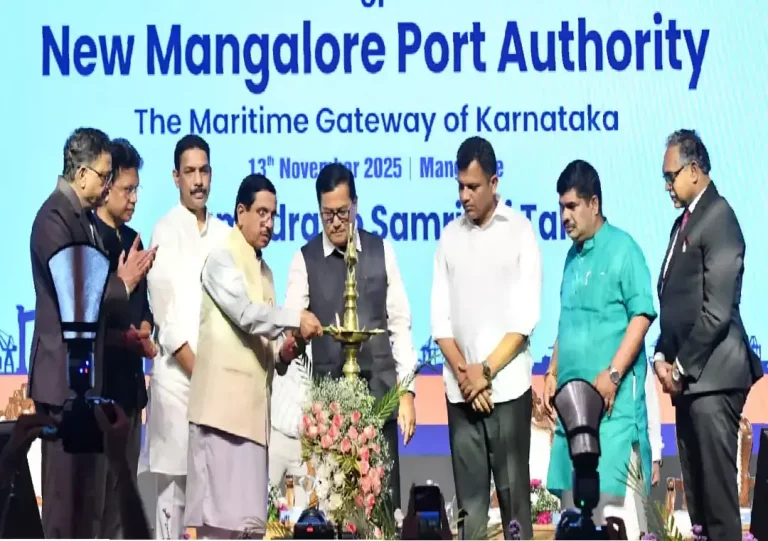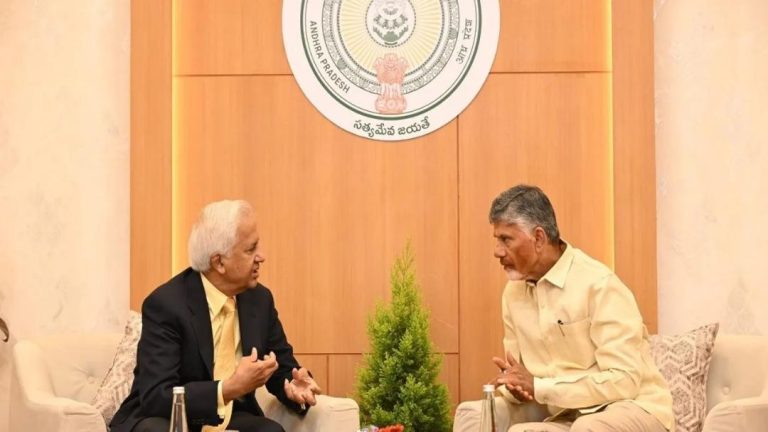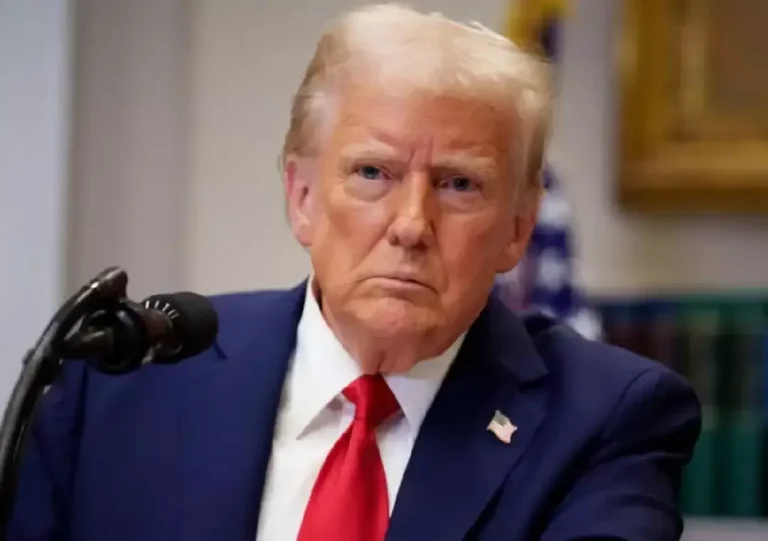
Bathinda DSP Harbans Singh Suspended
The Punjab Government has taken a stern action against Bathinda DSP City-I Harbans Singh by suspending him from his duties. The decision was taken due to alleged failure of the DSP to take action against drug traffickers in his jurisdiction. According to sources, Harbans Singh was responsible for maintaining law and order in the city, but he failed to take adequate measures to curb the drug menace.
The suspension of Harbans Singh comes as a surprise to many in Bathinda, where drug addiction has been a major concern for a long time. The city has been plagued by drug-related crimes, including drug peddling, consumption, and even murder. The locals had been demanding strict action against drug traffickers, but it seems that the DSP did not take their concerns seriously.
The Punjab Government’s decision to suspend Harbans Singh has been welcomed by many in Bathinda, who are relieved that some action is finally being taken to address the drug issue. The suspension is seen as a clear indication that the government is serious about tackling the drug problem and will not tolerate any negligence from its officials.
However, not everyone is convinced that Harbans Singh is entirely responsible for the drug problem in Bathinda. Some people in the town speculate that the DSP has been made a scapegoat due to ongoing infighting between two factions of the ruling party in Bathinda. According to sources, the two factions have been at loggerheads over various issues, including the distribution of funds and tickets for the upcoming elections.
The suspension of Harbans Singh has sparked off a heated debate in Bathinda, with many people questioning the timing of the move. While some argue that the DSP’s failure to take action against drug traffickers is a serious issue, others believe that the suspension is a political ploy to weaken one of the factions in the ruling party.
The Bathinda administration has denied any political motive behind the suspension, saying that the decision was taken solely on the basis of Harbans Singh’s performance. According to an official statement, the DSP’s failure to take action against drug traffickers was a serious lapse on his part, and the government had no choice but to take action.
However, many people in Bathinda are not convinced by the government’s explanation. They argue that the DSP’s suspension is a classic case of “blame and shame,” where the government is trying to shift the focus away from its own failures by targeting a low-level official.
The suspension of Harbans Singh has also raised questions about the government’s policy on drug addiction. While the government has been touting its efforts to tackle the drug problem, the suspension of a senior official like the DSP suggests that there may be more to the story than meets the eye.
In recent years, the Punjab Government has launched several initiatives to tackle drug addiction, including the establishment of drug de-addiction centers and the setting up of a special task force to crack down on drug peddlers. However, despite these efforts, drug addiction remains a major problem in the state, and many people are beginning to lose faith in the government’s ability to address the issue.
The suspension of Harbans Singh is a timely reminder that the government needs to do more to address the drug problem in Bathinda and elsewhere in the state. While the DSP’s failure to take action against drug traffickers is a serious issue, it is also important to recognize that the government has a bigger responsibility to ensure that its officials are properly equipped to tackle the problem.
In conclusion, the suspension of Bathinda DSP Harbans Singh is a significant development in the ongoing struggle against drug addiction in Punjab. While the government’s decision to suspend the DSP is a welcome move, it is also important to recognize that the problem of drug addiction is much deeper and more complex than any one individual or official.
As the government continues to grapple with the drug problem, it is essential that it takes a more comprehensive approach to addressing the issue. This includes not only suspending officials who fail to take action against drug traffickers but also providing proper training and resources to its officials to ensure that they are equipped to tackle the problem effectively.
Source:






